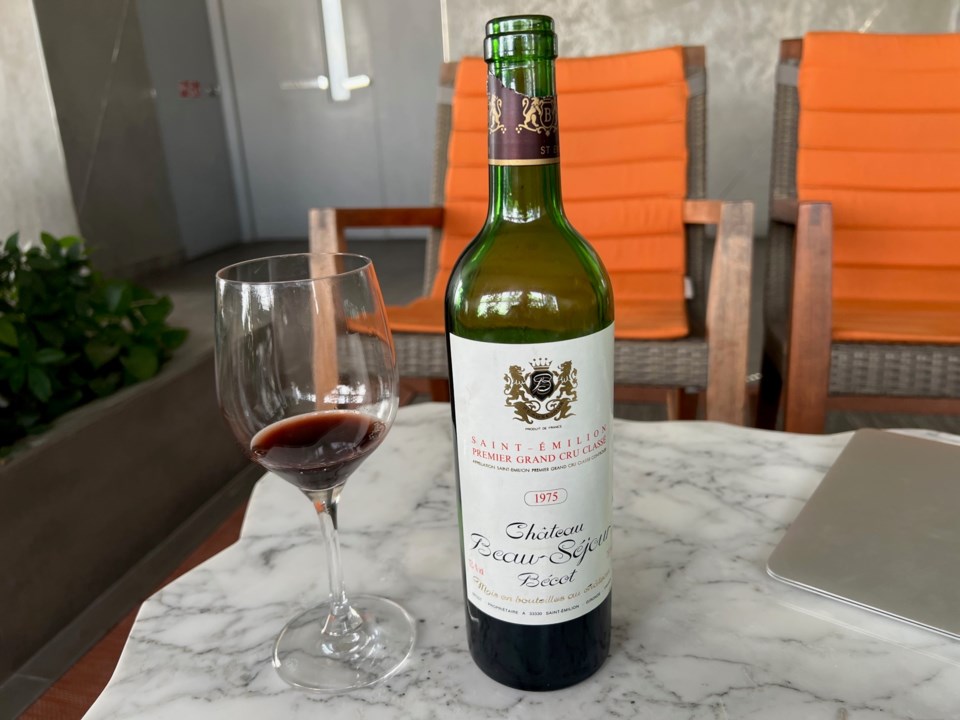A vital wine topic that is often overlooked is the proper storage of wine.
If you plan to drink wine within a month after buying the wine, then proper wine storage (other than in extreme conditions) isn’t as important. However, if you have purchased a nice bottle and plan to save it for a special occasion, you will be very disappointed if you store the bottle incorrectly. You would be surprised, but this happens quite often and I think improper wine storage often leads to people mistakenly thinking costly wines are not worth the wait or price.
Wines should be stored in an environment that is cooler than normal room temperature, that is not too dry, and without too much direct light. Wines interact with the outside environment very slowly. The optimum temperature to store wines is somewhere between 13C to 16C. I don’t think the exact temperature is as important as the consistency of the temperature.
Most wine ratings and predictions of the shelf life of wine are based on storage within this temperature range. Storing wines any colder than this will slow down the reaction of the wine to the outside environment and not allow the wine to develop and mature naturally. Storing wines above this temperature will increase the interaction with the outside environment and thus reduce the shelf life of wine dramatically.
As a rule of thumb, when people ask me about this topic, I say that based on my personal experience, every degree Celsius above the range that I have quoted will, I believe, halve the shelf life of the wine. So if your research on wine shows that it should be age-able for 20 years, then if you store it at room temperature, and assuming your room temperature is 20C, the wine would reach its optimal drinking window in five years. Some people might prefer accelerating the drinking window of wine but the problem is that this formula is just a guess and not much research by wine experts has been done on storing wines at improper temperatures. That is why when some people store very nice bottles at room temperature, they are often disappointed when they open them years after they are purchased.
Another factor that will decrease the shelf life of a wine is the humidity of your environment. If your environment is too dry, the cork will dry and shrink, increasing the wine’s interaction with the outside environment and causing it to age too quickly. Likewise, excessive light will also decrease the shelf life of a wine, as the light will generally heat the bottle.
Excessive handling of wine will also, over time, decrease the shelf life of the wine. This is because each time you take out a bottle to look at, you are changing its temperature and exposing it to light. If you look or let friends look at your prized wine 20 times a year for two minutes at a time for five years, that is equivalent to exposing your wine to improper storage conditions for three hours. In my opinion, that is enough time to materially alter the shelf life of a wine.
Some of you may feel that I am taking wine storage way too seriously but my view is that if you are going to spend a substantial amount of money on wine or keep a prized wine for over 10 years, you don’t want to be disappointed when you open the wine because of factors that are under your control. For more of my views on wine storage, see this video here.
Until next time, happy drinking!
Tony Kwan is the Richmond News' new columnist. Lawyer by day, food and wine lover by night, Kwan is an epicurean who writes about wine, food and enjoying all that life has to offer.



